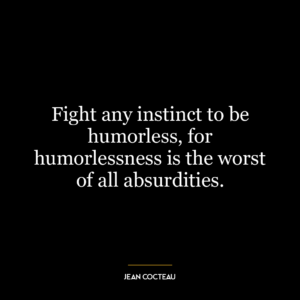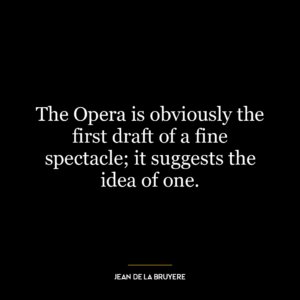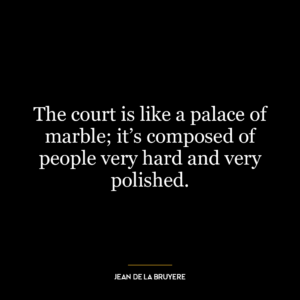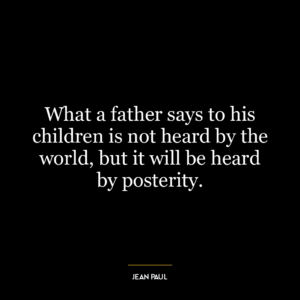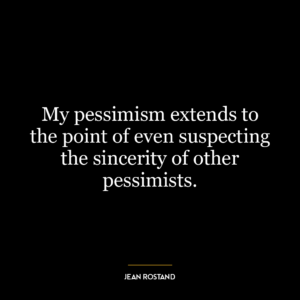This quote, “If some beggar steals a bridle he’ll be hung by a man who’s stolen a horse,” is a profound statement that underscores the hypocrisy and disparity in judgment and punishment that often exist within societies. The bridle and the horse in this quote are metaphors for minor and major offenses respectively. The beggar and the man represent different social classes – the poor and the wealthy or powerful.
The quote is saying that often, those with less power or influence (the beggar) are severely punished for minor wrongdoings (stealing a bridle), while those in positions of power or wealth (the man who’s stolen a horse) get away with far greater offenses. The irony lies in the fact that the person meting out the punishment (the man) is himself guilty of a more serious crime.
In today’s world, this quote can be applied to various socio-political contexts. For instance, in the justice system, it’s often seen that those with wealth and influence can evade severe punishments for serious crimes while those without such privileges face harsh consequences for lesser offenses.
In the realm of personal development, the quote serves as a reminder to be aware of our own biases and hypocrisies. It encourages us to self-reflect and ensure we’re not judging others more harshly than we judge ourselves. It also calls for empathy and understanding towards those who might make mistakes due to their circumstances, rather than rush to severe judgment.



